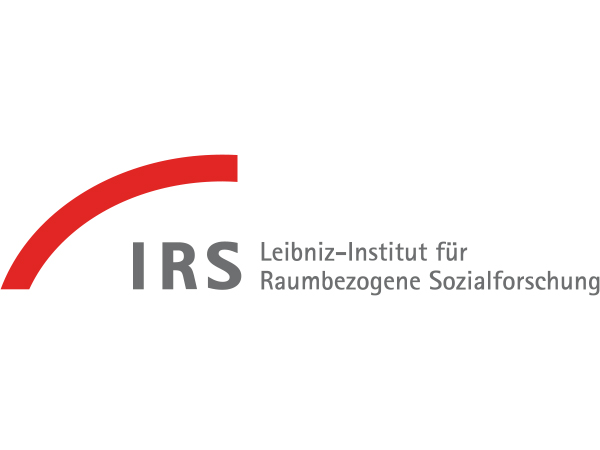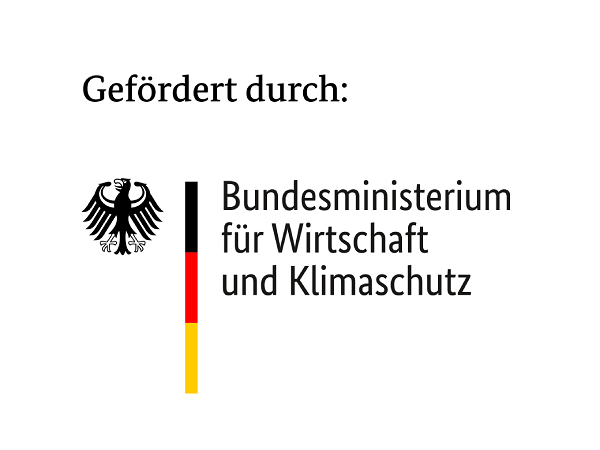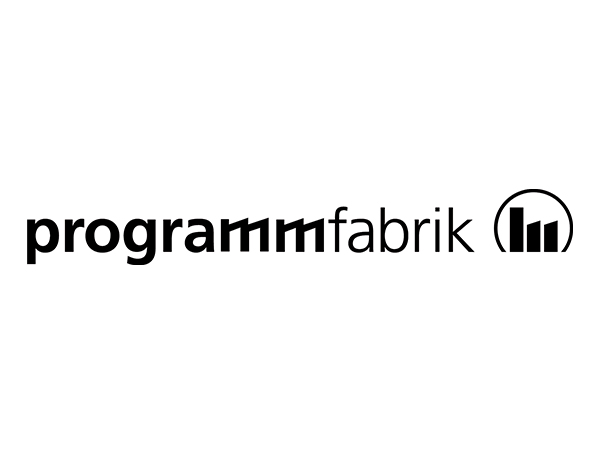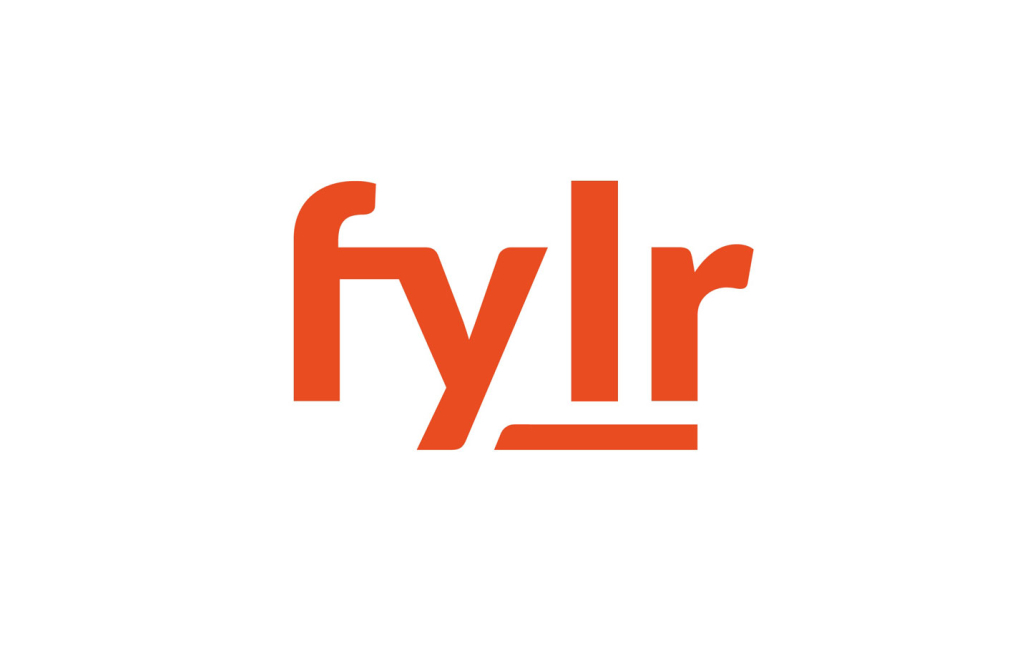Results of the Citizen Archive project with fylr : Citizen Science Archiving Made Easy
A cooperation between the Leibniz Institute for Research on Society and Space (IRS) and Programmfabrik
The CitizenArchiveproject, conducted by Paul Perschke and Dr. Rita Gudermann at the Leibniz Institute for Research on Society and Space (IRS), aimed to develop a process for easily cataloging and publishing holdings from smaller, specialized Archive . This project was realized in collaboration with Programmfabrik GmbH and with funding from the German Federal Ministry for Economic Affairs and Climate Action (BMWK). The project, which ran from December 2021 to November 2023, was based on the motto "Making cultural assets accessible, harnessing knowledge and engagement!"



Background -
Citizen participation and modern technologies for the development of small Archive
Smaller Archive often lack the necessary financial and human resources to comprehensively digitize and make accessible historical treasures remaining undiscovered. The Citizen Archive project addressed this challenge by citizen participation and modern technologies access the holdings of the IRS and other small Archive
In collaboration with Programmfabrik processes and tools were developed that enable citizens to actively participate cataloging and description testing and optimization with pilot users and volunteers, as well as the development of an AI-supported plugin (AI Validator) for qualitative content evaluation.
Result -
Central platform and plugins for the integration of users into archive work
The outcome is a central knowledge and communication platform , enhanced plugins that Archive to involve their users in the cataloging process citizen science approaches combined with semantic web technologies and artificial intelligence enables the effective use of volunteer resources while maintaining quality standard platform and plugins as open source facilitate unbureaucratic use by other Archive
IRS AI Validator – powerful tool for semantic text analysis
The IRS AI Validator is an advanced tool specifically designed to assist archive staff in reviewing and evaluating user content. Using modern algorithms and semantic web technologies, this tool ensures the quality and reliability of the captured content.
About the IRS AI Validator
The IRS AI Validator goes far beyond simple spell checking. It uses the ChatGPT language model to detectinfoand potential spam, and to identify inappropriate formatting such asapicapitals, multiple exclamation points, and emojis. It also captures positive and negative connotations (sentiments) to analyze the emotional content of posts.
Extensive functions for the highest quality standards
-
Blacklist and greylist monitoring:
Identification of problematic keywords to prevent incorrect entries. -
Activity analysis:
Detection of abusive behavior through rate limiting and sandboxing. -
Visual flags:
Suspicious posts are highlighted in color and submitted to an editor for review.
Efficient support for archive staff
-
Ensuring content quality:
avoiding misinformation info spam. -
Reduced workload:
Automated review and flagging of suspicious content.
-
Optimized workflow:
Faster decision-making processes through clear visual cues.
From object to digital archive: The CitizenArchiveprocess in detail
The Citizen Archive project, implemented with fylr , enables the indexing and publication of archival materials to a broad public. The following process guide describes the structured process of the project:
1. Selection of suitable archive holdings
Identification and selection of relevant archival materials suitable for digitization, description and publication.
2. Digitization of the archives
Digitization of the selected archival holdings using professional standards to ensure high-quality digital reproductions that meet the requirements of long-term archiving.
3. Setting up fylr ( Digital Asset Management System)
Configuring fylr as the central system for managing digital archive holdings. This includes:
- Structuring of data pools,
- Definition of user roles and authorizations,
- Adaptation of the metadata model to represent subject-specific Infoabout the digital objects.
4. Creating a pool in fylr
Creation of a dedicated pool in fylr for the structured management of digitized archival materials to ensure clear allocation and easy management of holdings for the Citizen Archive project.
5. Development and allocation of necessary metadata
Systematic indexing of digitized content through the assignment of relevant metadata. This includes, among other things, the following Info:
- STANDARD
- Title/Short description
- Inventory
- signature
- Original title/author's label
- Description
- Date
- Location
- Geocoordinates of the imaged object
- geographical classification – GDR
- geographical classification – Germany and other countries
- Keywords
- persons
- Corporations
- file
- File name
- File path
- Citation
- internal note
- SOURCE
- Object type
- format
- Old signature
- CITIZENARCHIVE
- comment
- Image description
- Citizen's name or display name
- Date of comment
- Comment checked
- COPYRIGHT NOTICES
- Right of use
- Personal rights
6. Setting up a Zooniverse account
Create a user account on Zooniverse to use the platform to create and manage your own collaborative projects.
7. Setting up a project in Zooniverse
Creation and configuration of the Citizen Archive project on Zooniverse ( Zooniverse Help ), including:
- Formulation of project objectives and background,
- Description of tasks for citizen scientists,
- Design of workflows and tasks for data entry.
8. Uploading materials to Zooniverse
Uploading the digitized archives to Zooniverse to make the materials available for community analysis and editing.
9. Recruitment of test subjects
Recruiting test subjects (e.g. from colleagues and acquaintances) to evaluate the user-friendliness of the project and to obtain initial Feed .
10. Adaptation of the Zooniverse project
Optimize the project based on test user Feed to ensure smooth use and efficient and precise results.
11. Go Live of the Zooniverse instance
Launch the Zooniverse instance after setting up and customizing the project to engage the public in collaboration and data collection.
12. Implementation of PR measures to publicise the project
Conducting PR activities to publicize the project and ensure broad public participation.
Launch the Zooniverse instance after setting up and customizing the project to engage the public in collaboration and data collection.
13. Projectmanagement and monitoring of the Zooniverse Forum
Ongoing support and facilitation of the project, including active participation in the Zooniverse forum to promote dialogue with citizen scientists and track project progress.
14. Exporting data from Zooniverse
Export of the data collected by citizen scientists in the form of a CSV file, which is used fylr
15. Import the CSV file into fylr
Import the CSV file into fylr using a custom plug-in to integrate the citizen scientists' results into the original objects in the central archiving system for further evaluation and processing.
16. Development of a plugin for AI-supported validation (AI Validator)
Development of a special plug-in for automated validation of the collected data. This tool checks the Infosubmitted by citizen scientists, detects potential errors, and marks the relevant objects for further processing.
17. Review of entries
After AI-supported validation, the submitted Infois manually revised to ensure its accuracy and correct errors.
18. Release of Info
After successful validation, the Infois released and is available for both internal use and publication on the CitizenArchiveportal.

Discover the original data of the Citizen Archive Project
Click on the button to gain Archive was deposited fylr

Test Fylr with the objects and metadata of your Archive
Test fylr in your archive! Send us an email, and we'll set up a personal test instance for you.
Resources for optimization, digital design of archiving and citizen science
Basics of archiving
Official website of the Federal Archives with extensive Info on archival science, including basic methods and principles of archiving.
Archiving methods
The International Council on Archive (ICA) provides a comprehensive handbook on globally accepted archiving practices.
Support with archiving
VdA – Association of German Archivists : Contact point in Germany that offers support and advice for archivists.
Digital archiving
DARIAH-DE supports digital archiving in the humanities and offers detailed guidance and tools for implementing digital archiving methods.
Legal aspects of archiving
JurPC deals with the legal framework and challenges of digital archiving in Germany.
Norms and standards of archiving
ISO 15489-1:2016 Info rmation and documentation — Records management : Info rmation on the relevant ISO standards that should be observed for archiving and digital preservation.
Citizen science and participatory research
Mitforschen.org is a platform that promotes citizen science and participatory research. It enables interested citizens to actively participate in scientific projects by collecting and analyzing data, or contributing their own research questions. The site offers numerous projects in various scientific disciplines and aims to strengthen collaboration between scientists and the public.
Online platform for citizen science projects
Zooniverse is one of the world's largest citizen science platforms, enabling people to participate in scientific projects across various disciplines. Users can actively participate in analyzing data, classifying images, or assisting with scientific discoveries. Zooniverse fosters collaboration between scientists and the general public to accelerate research results and deepen understanding of scientific processes.
Citizen Science in the Leibniz Association
The Leibniz Association promotes citizen science as an integral part of its research activities. This page presents various projects in which citizens can actively participate in scientific research processes. The platform offers Info on current projects, opportunities for participation, and background knowledge on the importance of citizen participation in research. The goal is to create closer links between science and society and to make scientific findings accessible to a broader public.
PROGRAMMFABRIK
FOR CUSTOMERS
easydb
contact
Programmfabrik GmbH
Heinrich-Roller-Straße 16B
10405 Berlin
Phone +49 30 4050579-0
Fax +49 30 4050579-19
